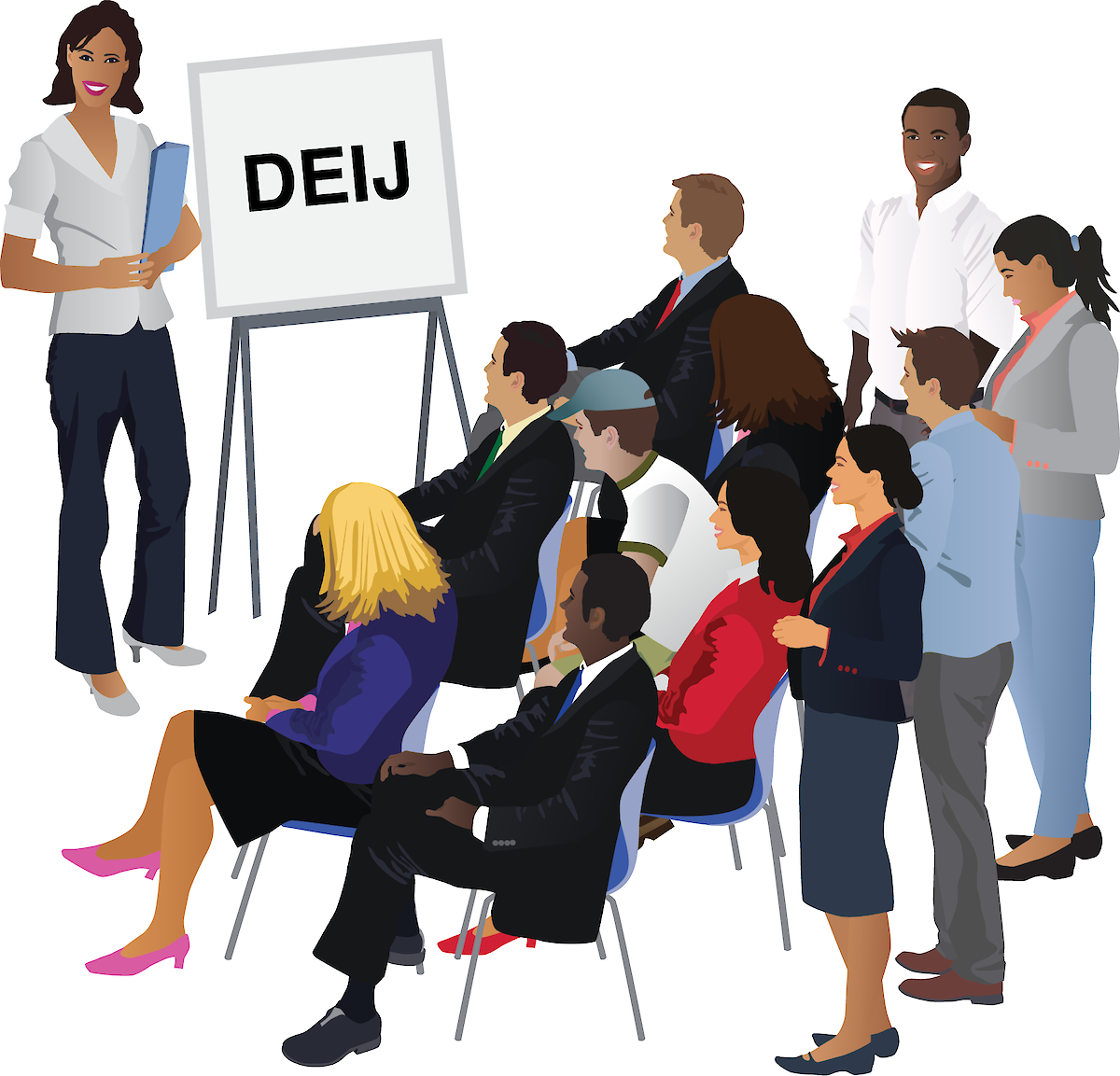Promoting Diversity, Equity, Inclusion, and Justice at IAN and beyond
Joe Edgerton ·Recent events have inspired introspection. As we ponder the long-standing issues with diversity, equity, inclusion, and justice (DEIJ) in our society and in environmental science, we at IAN are confronting our shortcomings and committing ourselves to incorporating these values into our projects, partnerships, and infrastructure. Diversity refers to the demographic variation of a group of people, and includes different types of human difference (race, ethnicity, gender, sexual orientation, socioeconomic background, etc.). Equity and justice promote impartiality and fairness. Inclusion ensures that the diverse members of a group are all able to fully participate in the decision-making process. In environmental science, all of these elements are necessary to understanding the full picture of ecosystem function and health.
In the field of environmental science, DEIJ conversations are becoming more commonplace. UMCES has recently created a DEIJ committee, the Diversity, Equity, and Inclusion Collaborative (DEIC), composed of representatives from all labs and campuses (Annie Carew sits on the DEIC for IAN). The committee held an open meeting on October 2 for UMCES employees to discuss these topics in an open, comfortable, online space. Several IAN team members attended the UMCES-wide meeting, including myself.
The virtual meeting started with a brief overview and introduction to the UMCES DEIC before breaking into small group discussion that focused on defining terms associated with DEIJ. Each small group had the difficult task of figuring out exactly what diversity, equity, inclusion, and justice mean, while listening to each person's perspective. After these initial discussions, small groups re-formed and brainstormed initiatives within several broad categories: education, learning, and dialogue; policies, procedures, and opportunities; data and analysis; and communication and outreach. Participants were able to switch groups halfway through the exercise, while members of the DEIC remained to facilitate the conversations.
I was curious about the first and third categories, so I joined both groups and listened to some of the proposed DEIJ initiatives. In the communication and outreach group, we discussed UMCES's lab tours and interactions with our local communities. The Data and Analysis group talked about campus climate surveys: asking students on campuses for their thoughts on DEIJ. These were great conversations and I was happy to brainstorm potential UMCES initiatives, though the meeting made me wonder what IAN is doing on its own to support DEIJ.
IAN's DEIJ committee is also relatively new, but they've been busy brainstorming how IAN can implement positive changes as an organization to promote DEIJ. Internal proposals have ranged from prioritizing variation and diversity in our symbol library to expanding our local partnerships and stakeholder groups to include greater diversity.

The work of promoting diversity, equity, inclusion, and justice does not have a finish line: it is a constant, ongoing process of introspection and growth at the personal and institutional level. We at IAN are uniquely positioned to prioritize DEIJ in our projects, because we prioritize stakeholder engagement every step of the way. Additionally, we can expand our report card indicators to include more social, economic, and justice factors. These initiatives can broaden the scope and perspective of our work, creating an environment that is open to all. We look forward to working with our communities—including you—to make these goals a reality.
About the author
Joe Edgerton

Joseph Edgerton is an Assistant Science Communicator for the Integration and Application Network (IAN) within the University of Maryland Center for Environmental Science. Joe graduated from Oregon State University with a B.S. in biology in 2019. After undergrad, he became increasingly interested in data visualization and communication. Formally an IAN intern, he continues to assist IAN team members with designing science communication products, engaging stakeholders, and working with data. Joe enjoys travelling to nature parks, working with all things R code, and having “decent” hacky sack skills.